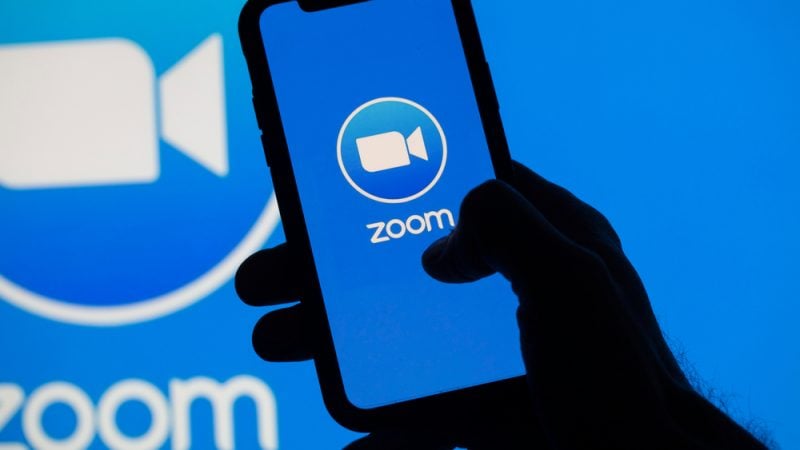If you think of 2020, I know you’ll also associate it with the word Zoom. In case you were lucky enough to live in blissful ignorance, Zoom is a video conferencing software. Although its initial purpose was to hold online meetings, thanks to the pandemic, it has become a place to conduct online classes, host family game nights, or just catch up with friends.

In December 2019, Zoom only had 10 million daily users, but in April 2020, the number grew to more than 300 million participants. This doesn’t come as a surprise, though. With schools and offices staying closed in pretty much all parts of the world, Zoom has been a great tool to use. What choice have you got when your only two options are to hold the meetings online or to meet in person, if deemed necessary?
However, this success did not happen by pure luck, and it especially did not happen overnight. For years, the company has put in their work into turning Zoom into the service that we know today. Zoom gives you the option to sign up for an account and host up to 100 participants for 40 minutes for free. There are also no limits to chatting during a one-on-one call. Zoom also gives you the option to upgrade to Pro, Business, or Enterprise to gain access to more features. This comes at a cost, though. Nonetheless, this sat well with companies as Skype’s free option was only limited to 50 participants. Plus, the cool thing about Zoom is that you can add different backgrounds, be it from the standard backgrounds that they have or a picture you uploaded.
In the earlier stages of the pandemic, Zoom removed its 40-minute limit for accounts for K-12 schools, when more teachers started to transition to remote learning. At the moment, more than 25,000 educational institutions in 25 countries are using Zoom for free.
It’s become a very popular platform that the word Zoom has also become a verb, just like how Google became google. Sadly, this growing popularity comes at a cost. For Eric Yuan, Zoom founder and CEO, they now face issues of privacy and online harassment. There have been instances where online trolls and hackers would override public meetings and post graphic content like pornography to meeting participants. The company is now doing their best to ensure the users’ data remain safe.
Whether Zoom will continue to be a hit post-pandemic, it is still hard to tell. Although it is likely that even when things go back to ‘normal’, online meetings will still be the main option for many companies.
